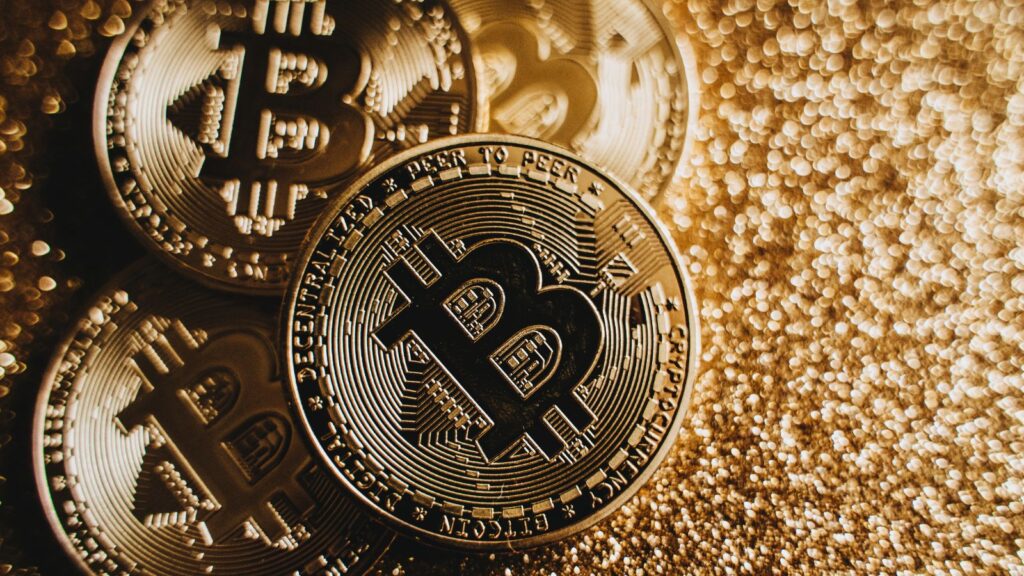As we navigate the digital age, two phenomena are becoming increasingly intertwined: digital currencies and remote learning. I’m about to take you on a journey exploring how these two seemingly different domains are set to revolutionize the world as we know it.
Digital coins, with their decentralized nature and secure technology, are reshaping the global financial landscape. On the other hand, remote learning, driven by advances in technology, is democratizing education like never before. But what happens when these two meet?
Understanding Digital Coin
The evolution of financial systems finds a new revolution in the advent of digital coins. It’s a technological innovation tied closely to another one: blockchain.
What is Digital Coin?
A digital coin, often termed as cryptocurrency, is a virtual asset designed to function as a medium of exchange. Blockchain technologies protect these coins via cryptographic mechanisms, providing transactional transparencies and eliminating the need for a central authority. Digital coins open new avenues for peer-to-peer transactions, providing a platform for innovation at par with the internet’s early promise.
How Does Digital Coin Work?
The digital coin functions through blockchain technology—a continuous growing list of records, known more commonly as blocks, linked and secured using cryptography. Each block typically contains a cryptographic hash of the previous block, a timestamp, and transaction data. In the case of a digital coin like Bitcoin, these transactions are verified by network nodes through cryptography and recorded on a public ledger. This system establishes a fundamental control on double-spending, providing digital coins the leverage to rival traditional financial systems.

This interplay of blockchain technologies and digital coins alludes to a future where financial systems are decentralized, secure, and more equitable—a stock blast pro era that could redefine the values of commerce and control. It’s no small wonder then that their implications are being felt in varied sectors, not least in the revolutionization of remote learning.
Digital Coin in the Education Sector
Delving deeper, let’s look at the influence of digital coins in the education sector, particularly remote learning.
Current Applications of Digital Coin in Education
Already, digital coin holds compelling applications in the sphere of education where it’s altering the way payments and transactions are managed. For instance, some schools and universities accept tuition fees in bitcoin which facilitates quick, low-cost international payments. blockchain, the technology powering digital coins, enables secure transactions providing both parties with the proof and assurance of payment. Here, it’s important to mention the digital platform ‘Stock Blast Pro’. This blockchain-based service makes it possible for students and educational institutions to interact in a secure ecosystem.

By implementing digital coins and blockchain technologies, schools are signaling their openness and adaptability to emerging technologies. It signifies not just a shift in payment methods, but a revolution in how students, parents, and schools view and engage with finance and technology.
Potential for Future Integration
Digital coins hold a broad spectrum of possibilities for future growth within the education sector. Blockchain holds the potential to minimize fraud, maximize efficiency, and maintain the integrity of testing records, grades, and accreditation at all levels of education. Just envisage universities issuing degrees on the blockchain, assuring prospective employers that candidate qualifications are genuine and verifiable.
Furthermore, the advent of digital coins could lead to the introduction of education-oriented tokens. These tokens could incentivize learning, contribute to a reward system, or potentially pay for tutoring services. This future vision translates into an education sector that’s deeply integrated with digital coins and blockchain, democratizing access to education, bolstering transparency, and fostering an ecosystem of trust.

